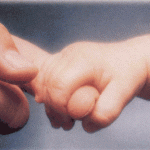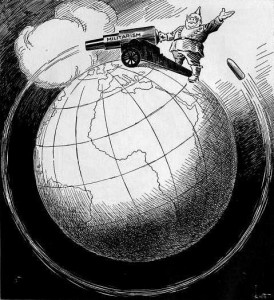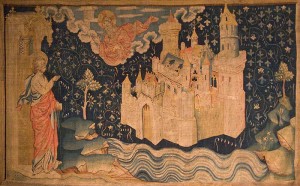 It is hard to understand why it appears to have received so little attention or commentary nationwide (with some honourable exceptions).
It is hard to understand why it appears to have received so little attention or commentary nationwide (with some honourable exceptions).
The extension of the rule of the ECAN Commissioners announced by David Carter (Local Government Minister) and Amy Adams (Environment Minister) has created what may be a political ‘tipping point’ in Christchurch, if not Canterbury as a whole.
Saturday’s editorial in The Press – titled ‘Black day for democracy in Christchurch‘ – is astoundingly blunt:
The brief statement announcing the continued suspension of democracy at Environment Canterbury will take a place in New Zealand history. It outlines the most radical denial of voting rights that this nation has experienced in recent times – a fact that disadvantages Cantabrians and besmirches the Government.
And,
That the Government has prolonged this system – it is called dictatorship – is deplorable and foolish. It not only denies the province healthy administration but it strengthens a backlash against National in the province.
And again,
At the time of the original appointment of the commissioners, people were outraged, even though ECan was not popular and regarded as partly paralysed. Cantabrians hated a main branch of their democracy being removed. Had the earthquakes and the difficult and prolonged recovery not diverted the anger, National would have paid a penalty here in the 2011 general election. The anger will return now, this time with an added intensity.
The Government,
relies on the assertion that the commissioners provide efficiency, strong governance, effectiveness, problem-solving, stability.
Those are the justifications of every tin-pot dictator, echoing the sentiments of Suva.
It is true that The Press has a new editor – Joanna Norris a former chief reporter at The Press and, most recently, the former digital editor for the Dominion Post – but this is a startling and laudable commentary that stands in stark contrast to recent editorials (e.g., here) that have been generally favourable to the Government and its handling of post-earthquake issues.
Importantly, the editorial’s sentiment has been echoed by the bulk of letters to the editor over the past few days.
Here are some extracts:
The Orwellian contempt shown for democracy by our government … It seems incredible that in jujst two years we went from nanny-state foolishness in the last term of the Clark Government to a much more sinister experimental police-state in Canterbury under the Key Government in 2010, and we are now expected to tolerate a pay-and-suffer regime by decree for another four years.
…
Government ministers Carter and Adams have displayed contempt towards Canterbury voters and have shown an arrogant disdain for democracy.
…
It doesn’t matter how well the commissioners who replaced our regional councillors may have performed in the eyes of the National Government and its minority local hangers on, democracy has once again been denied to the people of Christchurch.
…
It is appalling that this so-called Government has taken away our democratic right to elect our regional council, on the recommendation of David Carter and Amy Adams.
As has now become something of a mantra, in Canterbury we have had CERA taking over most of the functions of local government, the Minister for Canterbury Earthquake Recovery able to rule by edict, the CCDU rapidly established and then gifted the responsibility for the Central City Recovery Plan, taking it out of the hands of the Christchurch City Council.
Prior to the earthquakes we had the removal of ECan councillors – and now the further deferment of elections.
It is as if we here in Christchurch have been made privy to Dorian Gray’s locked room; that we have seen the purple draw pulled away to reveal the “loathsome visage” of this government’s true character:
He went in quietly, locking the door behind him, as was his custom, and dragged the purple hanging from the portrait. A cry of pain and indignation broke from him. He could see no change, save that in the eyes there was a look of cunning and in the mouth the curved wrinkle of the hypocrite. The thing was still loathsome–more loathsome, if possible, than before … (Chapter 20) Continue reading →









